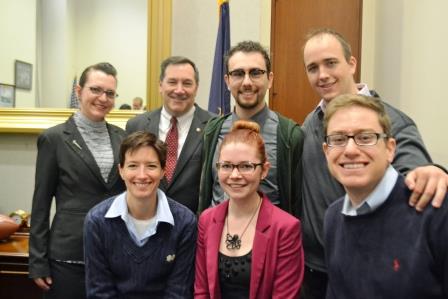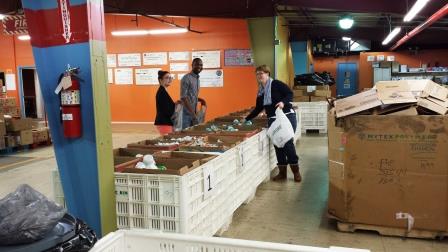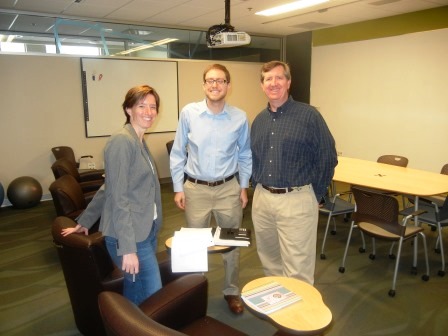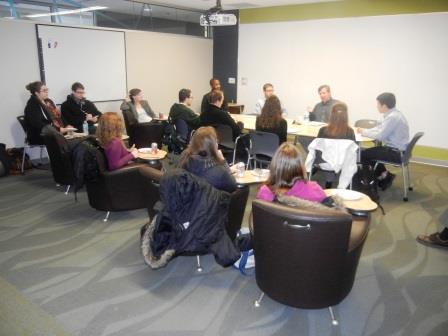By definition, the MSPL focuses on teaching our students about patents. How to get them, how to talk to people about them, what they’re good for (or not). But sometimes it’s important to step back and get some perspective.
In our Ethics class, our students will spend the first three weeks of the semester learning about the other kinds of Intellectual Property that are common in the United States: trade/service marks, copyright, trade secrets, and trade dress. (In other countries, traditional knowledge is also considered a type of IP, but we don’t cover TK in our curriculum.)
The point of having our students learn about these other kinds of IP is quite practical: clients have problems; and most clients have more than one type of problem. So, it’s almost certain that, at some point, every patent agent is going to see a TM or (c) and need to know what that means. … and whether or not s/he can provide legal advice to the person who’s asking a question (hint: NO!).
I teach these classes, and even though they’re out of my area of specialty, I really enjoy them. This year the Robin Thicke/Marvin Gaye lawsuit over “Blurred Lines” is going to provide us with some fun subject matter when we talk about copyright. And, my favorite Diet Coke will make a special appearance as a teaching prop!




